The Meaning of Kosher
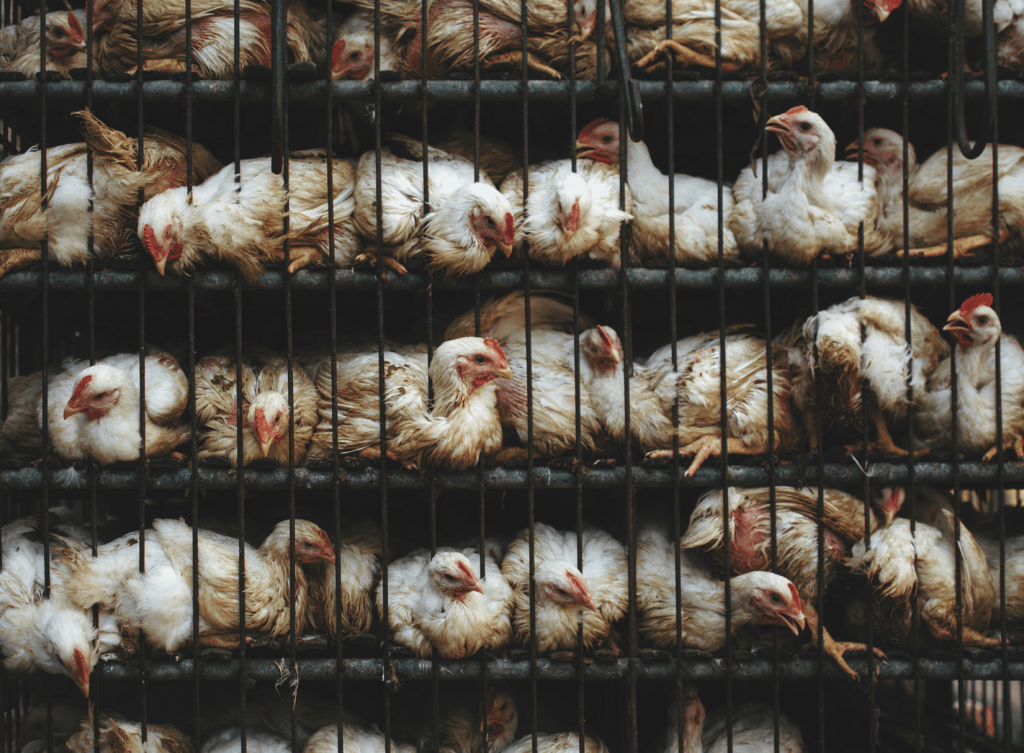
The concept of kosher has been a mainstay of Jewish life for centuries. Ancient kashrut laws have provided Jewish communities with a framework for determining which foods are “fit to eat” and how to slaughter animals according to approved religious procedures.
Jewish Kosher Consumers Are Doubly Deceived
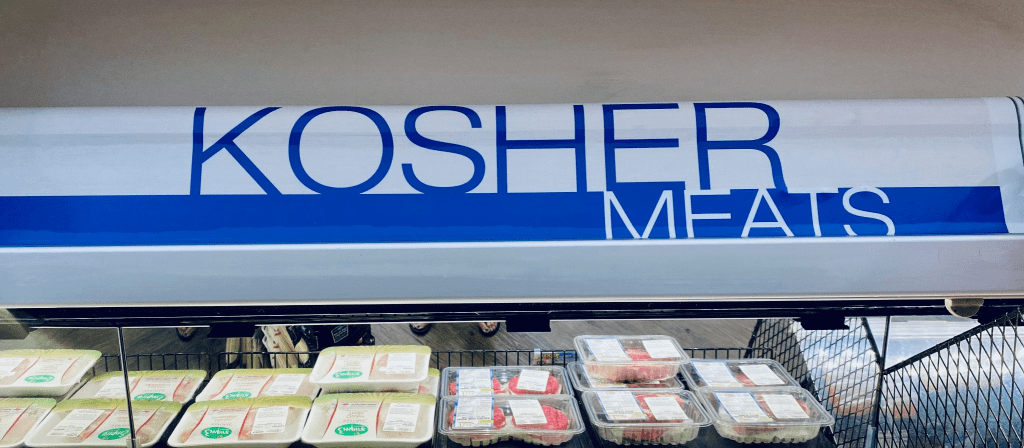
Most kosher-certified animal products—and generally all of the ones found in grocery stores— come from the same factory farms that raise the vast majority of non-kosher animals for food.
Religious Slaughter Bans Don’t Help Animals — They Target Jews and Muslims
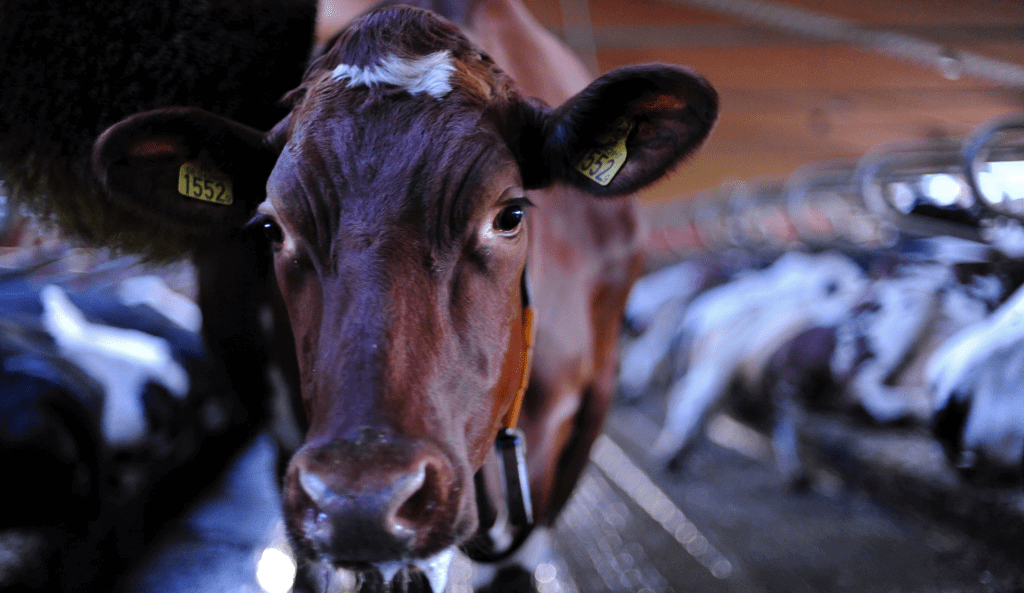
Bans do more to restrict religious practices than to improve conditions for farmed animals—like in the US, most meat, including kosher, comes from animals that spend their entire lives on factory farms.
Redefining Jewish Continuity in the Age of Climate Breakdown

In this time of climate crisis, our institutions face — and often avoid — a question that Moses and our rabbis might have never seen coming: How can our identities and our religious teachings help us live within the ecological limits of a struggling planet?
Wrestling with Food Traditions: A Thanksgiving D’rash
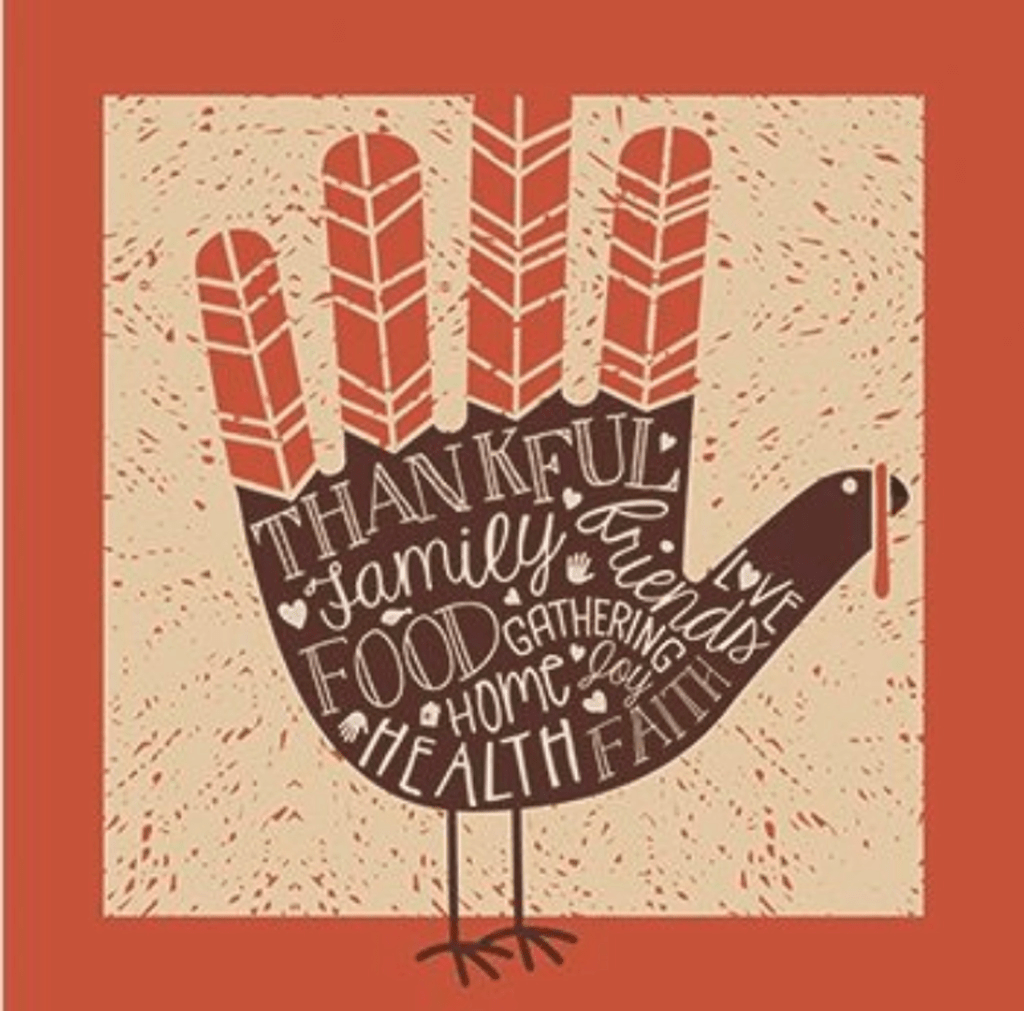
Jewish and partaking in a Thanksgiving meal this year? It’s time to wrestle with the impact of participating in the most food-centric American holiday.
Repairing Our Relationship with Animals Is an Act of Teshuvah

Certain patterns need breaking. Certain problems require teshuvah — a personal and collective accounting of our actions that leads to growth and balance in the world — not just an aspiration to restore the status quo. Our first port of call if we’re serious about that deep, transformative work this year is our food system, and specifically: our relationship with animals.
Our post-pandemic Shabbat meals should include far less meat
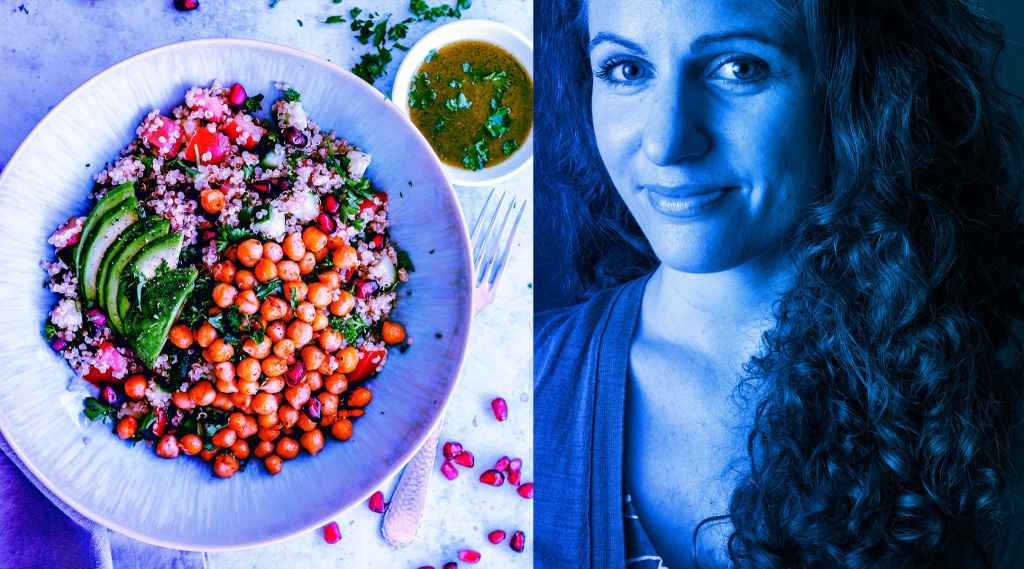
Tackling the problem of industrial animal agriculture is a crucial form of the preventive medicine that we are commanded to practice. We must do our part to remove this very real peril, and the time to begin is now, when the whole world is experiencing the potential consequences.
A Jewish Day School’s Journey to Vegetarianism

Is it possible for day schools to cut out meat? Gesher Day School in Fairfax, VA thinks so. Gesher transitioned from meat heavy lunches to a vegetarian lunch program in 2018, and is recognized by Jewish Leadership Circle (JLC) for meeting the goals of the Plant-Forward Track.
Regenerative Grazing: A Key Part of Less and Better Kosher Meat
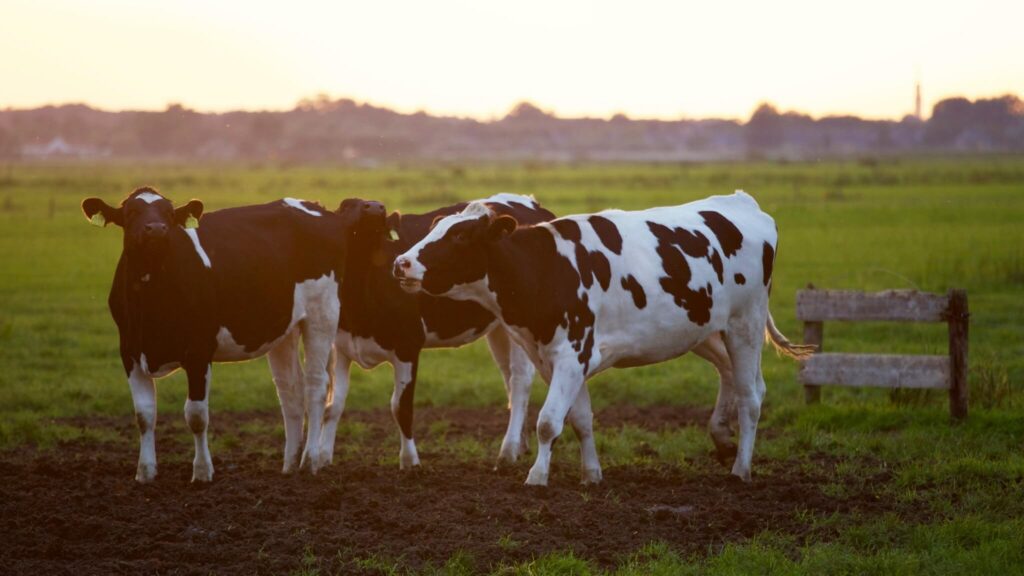
Is cattle production the issue, or is factory farming? There is a growing movement to support regenerative grazing—a traditional form of raising cattle and managing land that has fallen out of vogue in favor of raising cattle on grain in feedlots.
Allegheny Hillel Goes “Gator Green” with an Ethical Food Policy
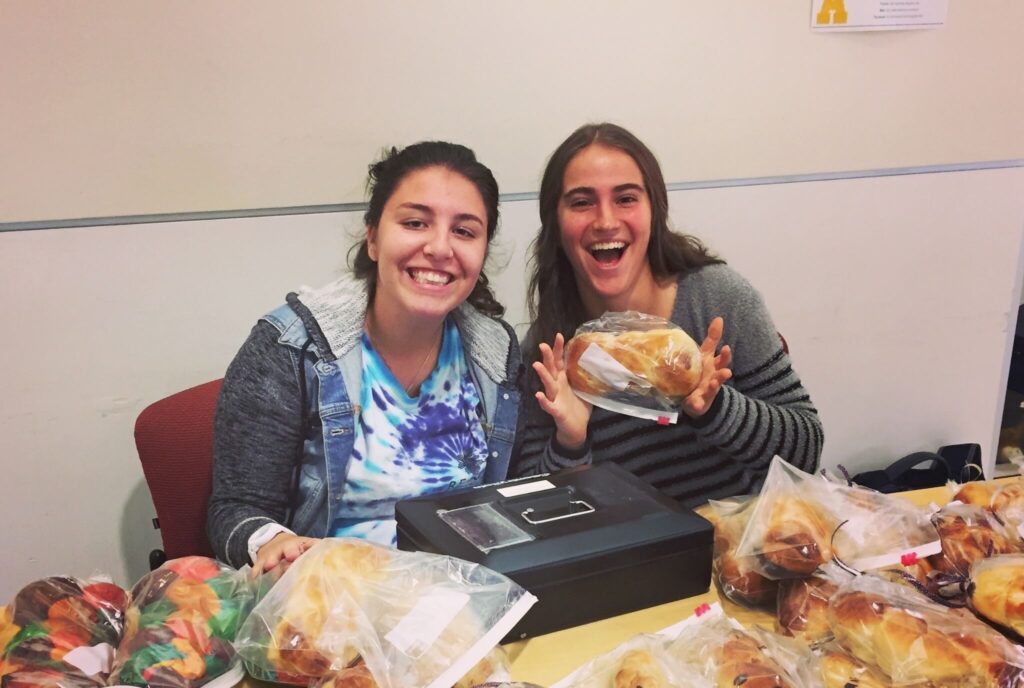
What does taking steps towards serving better food at Hillel look like? Which changes are possible? Will students be on board? Will food be more expensive? The following is an interview with Dr. Adrienne Krone, Assistant Professor of Religious Studies and Director of Jewish Life at Allegheny College, who offers her experience providing values-based food choices at Allegheny’s Hillel in rural Pennsylvania.